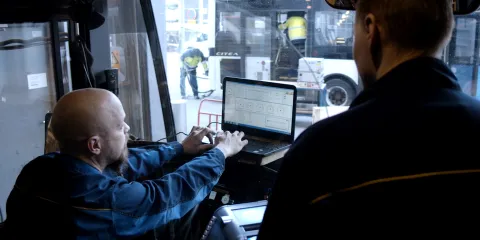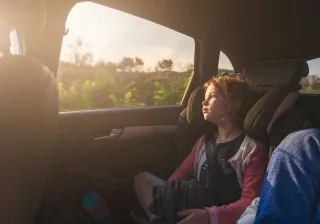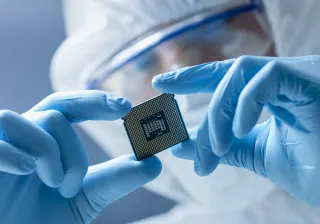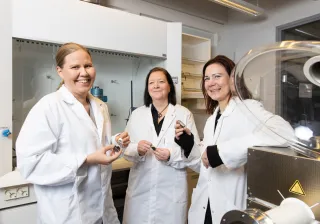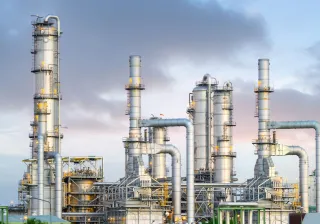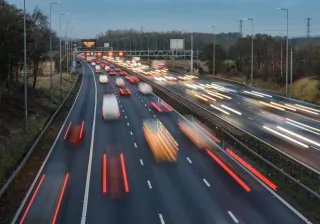Automated driving and smart mobility services

Mobility of both people and goods is going through a fundamental transformation, and transport is becoming smarter, increasingly autonomous, and more sustainable. VTT helps companies and societies to develop, deploy, and implement automated and autonomous driving solutions and smart mobility services - from self-driving vehicles to efficient logistics and sustainable transport systems.
Key facts about our automated driving and smart mobility services
We support our customers in identifying and implementing safe, cost-efficient ja sustainable mobility services and advanced automated driving solutions for extending vehicle operating design domains (ODDs).
Our strengths lie in methodology development, impact assessment, safe operation of connected and automated driving systems and situational awareness in challenging outdoor conditions.
Our customers include vehicle manufacturers, component suppliers, transport and logistics operators, transport service providers as well as public sector organisations like cities and government agencies.

Vehicle manufacturers, authorities, cities, and service operators all around the world look for ways to reduce transport emissions and improve performance and safety. However, with the rapid expansion of available data and developing technologies, finding and choosing the best solutions can be difficult.
VTT helps companies and public sector organisations around the world to capture the benefits of new connected and automated driving technologies and smart mobility services. Depending on your current needs, we can either help you to begin your company’s journey toward a smarter transport solution by identifying relevant opportunities or support you in the later stages of automation projects. There we provide software IP related to automation functions, targeted technical validation, safety analysis, and impartial assessments. We also specialise in transport and mobility impact assessment and foresight.
The amount and availability of traffic data continues to push the transport and mobility industry forward. Modern systems are typically safer, more user-friendly, and commercially competitive.
Automated vehicles
Humans excel at problem solving and creative thinking but often perform poorly at repetitive tasks. This is where automation can offer improved performance, safety, comfort, and cost-efficiency. We help our customers develop, test, and validate suitable solutions for their specific needs and operating environments.
Automated driving for closed environments
Suitable applications for automated driving restricted environments include factories, production sites, airport ground services and harbours, where routes are repetitive and the environment restricted.
At VTT, we have experience working with companies from different industries to design and implement automated driving solutions that best support the individual needs of each customer. We can provide our customers with both strategic business insight and the technological expertise to guide them from an initial challenge to a functioning solution. For example, by prototyping what changes would need to be made to existing vehicles, we can help rapidly demonstrating the viability and value of these solutions, and identify and respond to potential risks. We have also wide library of existing sensor data processing and automated driving solutions coded with C, C++ and Python which can be licensed for shortening companies time-to-market with their products.
Autonomous capabilities to enhance transport performance
In addition to the self-driving vehicles suitable for closed environments, different elements and capabilities of autonomous driving can be implemented in varying operating environments, creating safer and more efficient services. VTT’s solutions may extend usage of vehicles in varying weather condition and so-called edge cases by extending ODDs beyond the normal limits.
Full autonomy of vehicles is not necessary but experiment driven human-centred design is.
With the growing amount and availability of traffic data, different automation capabilities can be designed and implemented for road, rail, sea, or air transport, including the use of drones.
At VTT, we can come up with scenarios to illustrate alternative service and business models. We support industry and public decision making in the transport sector with impact assessment and future-oriented knowledge on the dynamics of the transport system. We specialise in developing methodologies and tools for evaluating impacts of measures such as new technologies, technological systems, services and policy instruments. We carry out impact assessments from social, technological and economic perspectives.
Autonomous industrial vehicles and machinery

Our white paper Autonomous industrial vehicles and machinery covers the following topics:
- the regulatory environment regarding autonomous machinery
- the main building blocks of autonomous industrial vehicles: situational awareness, connectivity and safety
- a path forward in developing automation.

Co-creation for human-centred and safe autonomous transport solutions
As new service models are constantly being rolled out, vehicle manufacturers and service providers focus increasingly on safety and user-friendliness of logistics and transport systems.
Our human-centred engineering and service design specialists excel at safety-critical systems and have a user-driven approach. Our services also make it easier to demonstrate the regulatory compliance and public acceptability of new solutions.
Our experience of piloting and testing in inclusive Living Lab environments allows us to test the user-experience of services in real-life scenarios. We have carried out successful testing in Finnish cities including Helsinki and Tampere, and in our customers’ production facilities.
Situational awareness and connectivity
For many of our customers, developing situational awareness solutions for vehicles or traffic management is the natural path towards interoperable systems and higher levels of autonomy. The range of these capabilities and services offers new business opportunities for many industries from logistics and transport. Our customers include vehicle manufacturers and logistics and transport operators.
VTT has extensive experience in vehicle and transport infrastructure sensor systems and data fusion IP to generate an overview of the environment. We have also been working on a control system for autonomous driving in different weather conditions related ODDs. In addition to road transport, we work on connectivity and satellite solutions for space.
We can conduct field testing safely in both closed environments and real-world settings.
At VTT we have access to three specially equipped cars as well as a bus for automated driving research and experiments. We can conduct field testing safely in both closed environments and on public roads. In addition, we are able repeat the test cases in simulated environment. Our sensing technology experts can also deliver customised solutions and algorithms for licensing.
Our ICT experts specialise in solutions that enable vehicle and backend systems to communicate and exchange data. We can also support our customers by developing software IP that can help them advance their smart mobility solutions. We also have a strong expertise in cybersecurity, including quantum-safe cryptography, and can deliver safe and tested solutions to our customers.
Projects
SmartRail & TURMS Living Lab
are Skoda Transtech led ecosystem projects. The aim is to develop and test tram services in real use environment with real users. Co-development and innovation ecosystem include service and technology developers and providers and research.
FIT ME!
(Foreign Individual Travelers’ hospitality and Mobility Ecosystem) is a co-innovation project where private and public stakeholders together with research aim to create a common tourism mobility ecosystem. The aim of the project is to develop and pilot sustainable and digital tourism mobility services, especially for foreign individual travellers.
Smart mobility services
Smart mobility services provide tools to make the transformation of the transport system more sustainable, cost-efficient, and user-friendly.
New transportation services respond to different challenges in different environments. With mobility as a service (MaaS) solutions, city-dwellers in densely populated urban areas can gain access to more agile last-mile-services, or seamlessly combine different modes of transport to increase the reliability and convenience of public transport. In rural environments, where distances can be long and services scarce, smart features can help accurately target services where they are needed. New types of mobility services can also reduce reliance on private cars, and – through car-share schemes – reduce the time they simply stand idle in parking lots. Mobility services can also be integrated with additional services making the service more attractive than ordinary MaaS.
A well-functioning and sustainable transport system can boost the well-being and prosperity of both the city and its inhabitants.
At VTT, we help service providers to identify and implement smart mobility solutions that best respond to users’ needs and do it in a way that is economically feasible. A well-functioning and sustainable transport system can boost the well-being and prosperity of both the city and its inhabitants.
We have experience in supporting cities in mobility services procurement. We help our customers navigate both regulatory requirements and technical testing and standardization to ensure that the procurement and implementation of new services and systems is safe, compliant and efficient. Living labs and ecosystem-based co-creation are effective means in developing and testing innovative solutions. We also specialise in transport and mobility impact assessment and foresight.
Customer cases
- Forum for Intelligent Machines ry (FIMA)
Increasing automation, safety and lowering the costs are key drivers for mobile work machine industry. VTT benchmarked the selected latest lidar types and technologies in adverse conditions - fog, dust and interference by another lidar or influence of ambient illumination. The aim was to provide tested performance measures for the member companies of FIMA. The conditions were selected to represent the sensing challenges in real work machine environments.
- Sandvik
Development of autonomous machines requires a wide selection of novel sensor technologies and verification of their performance in real environment. VTT worked together with Sandvik by implementing a real-time prototype system for fast new sensor setups with dozens of new perception sensors and necessary storage for the high data flows. "VTT provided a flexible prototyping platform for testing large synchronised sensor setups enabling sensor fusion research and allowing us to concentrate on the application." Jussi Puura, Research program lead, Sandvik Mining and Construction Oy
- Stora Enso & HIAB
Automated truck for wood chip transportation 24/7. Various kind of material needs to be regularly transferred to cellulose and saw mills. Conveyors are cost-effective only in the main flows, so automated trucks play a significant role in the transport of raw materials. VTT connected Stora Enso, Mantsinen and HIAB to try out a pilot solution, to which also Innotrafik and Nokian Tyres participated.
- Fortum
Autonomous electric vehicles are vital in the fight against climate change. Together with Fortum, VTT explored the optimisation of the automated electric cars in densely populated urban areas. The car drove a busy 18-kilometre route mainly in autonomous mode, including also remote operators attendance via 4G.
Watch videos
A new level of convenience for EVs with wireless and conductive charging

Safe, reconfigurable L7 EV perfect for the urban environment
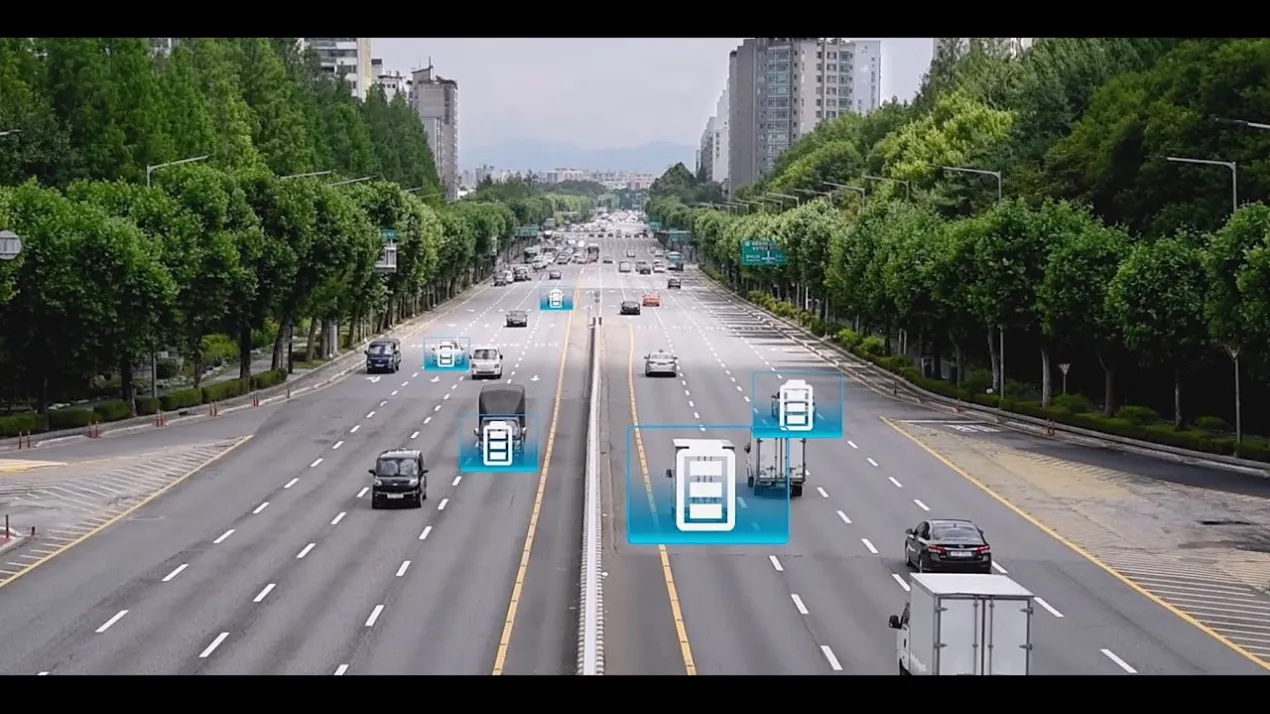
Our experts
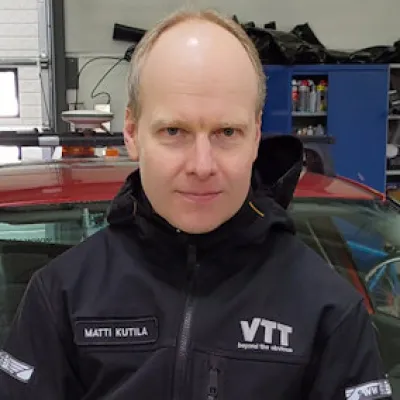
Matti Kutila has 20 years background in developing automated vehicle technologies. His expertise fields covers sensing, connectivity, artificial intelligence and functional safety in automotive and industrial work machine domains.
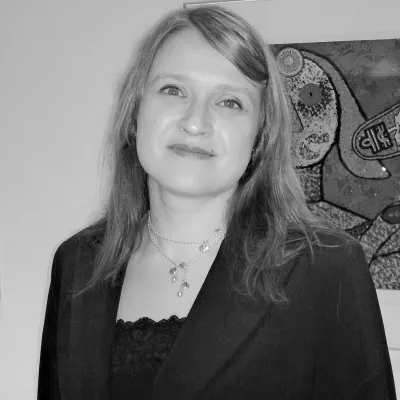
Jenni Eckhardt has over 20 years of experience in transport and mobility service research and development. She specialises in Mobility as a Service concept, especially in rural context.

Satu Innamaa has 25 years of experience in research on transport and mobility in national and European projects. Her expertise covers transport system, traffic management, connected and automated driving, impact and quality assessment, and user needs.
How to work with us
-
Get in touch with us! We are happy to hear about your challenges whether you have identified them precisely or look for a partner that can help you build a roadmap.
-
Let’s start with a current state analysis. Together we can assess where you are, which challenges you are facing and what are the next steps forwards.
-
Time to tackle those challenges. Whether you need a comprehensive solution or a targeted fix, we can support you in finding the best sustainable solutions.
-
Setting common goals. We know how important it is to be clear about the outcome we want. Whether it is testing and piloting, analysis, publication, accurate measurement results, or a roadmap, we can work together toward that goal.
Contact us here!
Publications related to automated driving and smart mobility services
We have a large database of publications in our research portal Pure. Find peer reviewed publications related to automated driving and smart mobility services by clicking the button below.
